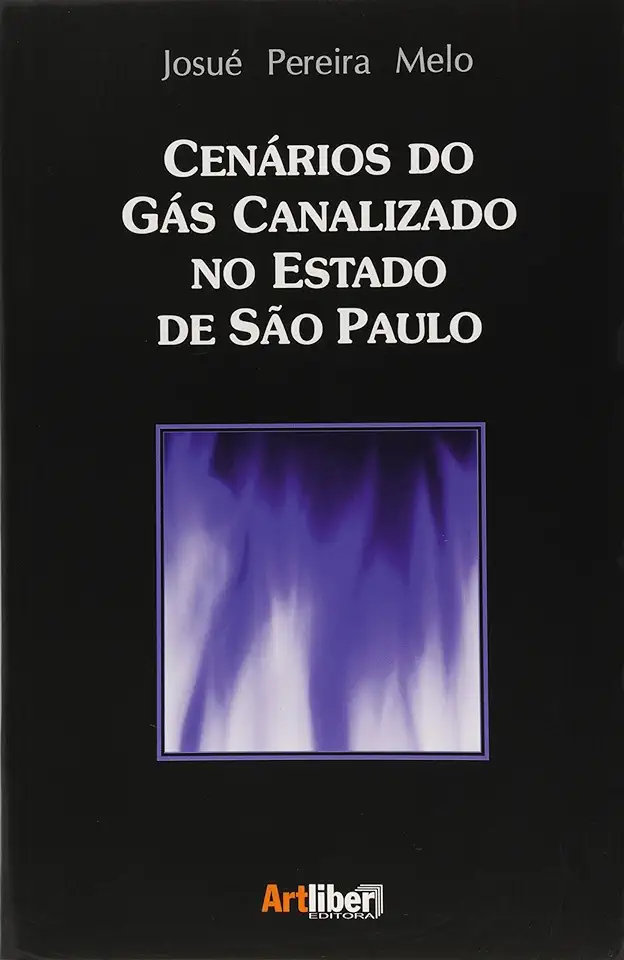
Natural Gas Scenarios in the State of São Paulo - Josué Pereira Melo
Natural Gas Scenarios in the State of São Paulo: A Comprehensive Analysis
Introduction
In his groundbreaking book, "Natural Gas Scenarios in the State of São Paulo," Josué Pereira Melo presents a comprehensive analysis of the natural gas industry in the state of São Paulo, Brazil. Drawing on extensive research and expert insights, Melo provides a detailed assessment of the current state of the industry, identifies key challenges and opportunities, and proposes actionable strategies for sustainable growth and development.
Key Findings
Melo's analysis reveals several key findings that shed light on the dynamics of the natural gas industry in São Paulo:
Growing Demand: The demand for natural gas in São Paulo is projected to increase significantly in the coming years, driven by factors such as population growth, industrial expansion, and the transition to cleaner energy sources.
Infrastructure Deficiencies: Despite the growing demand, the state faces challenges in terms of infrastructure development, including limited pipeline networks and inadequate storage facilities.
Regulatory Framework: The regulatory framework governing the natural gas industry in São Paulo is complex and fragmented, creating uncertainties for investors and hindering the development of the sector.
Environmental Impact: The production and consumption of natural gas have environmental implications, including greenhouse gas emissions and water usage, which require careful management and mitigation strategies.
Opportunities and Strategies
Based on his findings, Melo identifies several opportunities and proposes actionable strategies to address the challenges and unlock the potential of the natural gas industry in São Paulo:
Infrastructure Development: Prioritize investments in expanding and modernizing the natural gas infrastructure, including pipelines, storage facilities, and distribution networks.
Regulatory Streamlining: Streamline the regulatory framework to provide clarity, consistency, and predictability for investors, while ensuring environmental protection and public safety.
Diversification of Supply Sources: Explore and develop alternative sources of natural gas, such as liquefied natural gas (LNG) imports and domestic production from unconventional resources.
Sustainability Initiatives: Implement sustainability initiatives to minimize the environmental impact of natural gas production and consumption, including carbon capture and storage technologies and energy efficiency measures.
Collaboration and Partnerships: Foster collaboration among industry stakeholders, government agencies, and research institutions to drive innovation, share best practices, and address common challenges.
Conclusion
"Natural Gas Scenarios in the State of São Paulo" is a must-read for anyone interested in the development of the natural gas industry in Brazil. Josué Pereira Melo's comprehensive analysis provides valuable insights into the challenges and opportunities facing the sector, and his proposed strategies offer a roadmap for sustainable growth and development. By embracing the recommendations outlined in this book, São Paulo can harness the full potential of natural gas to meet its energy needs, drive economic growth, and create a more sustainable future.